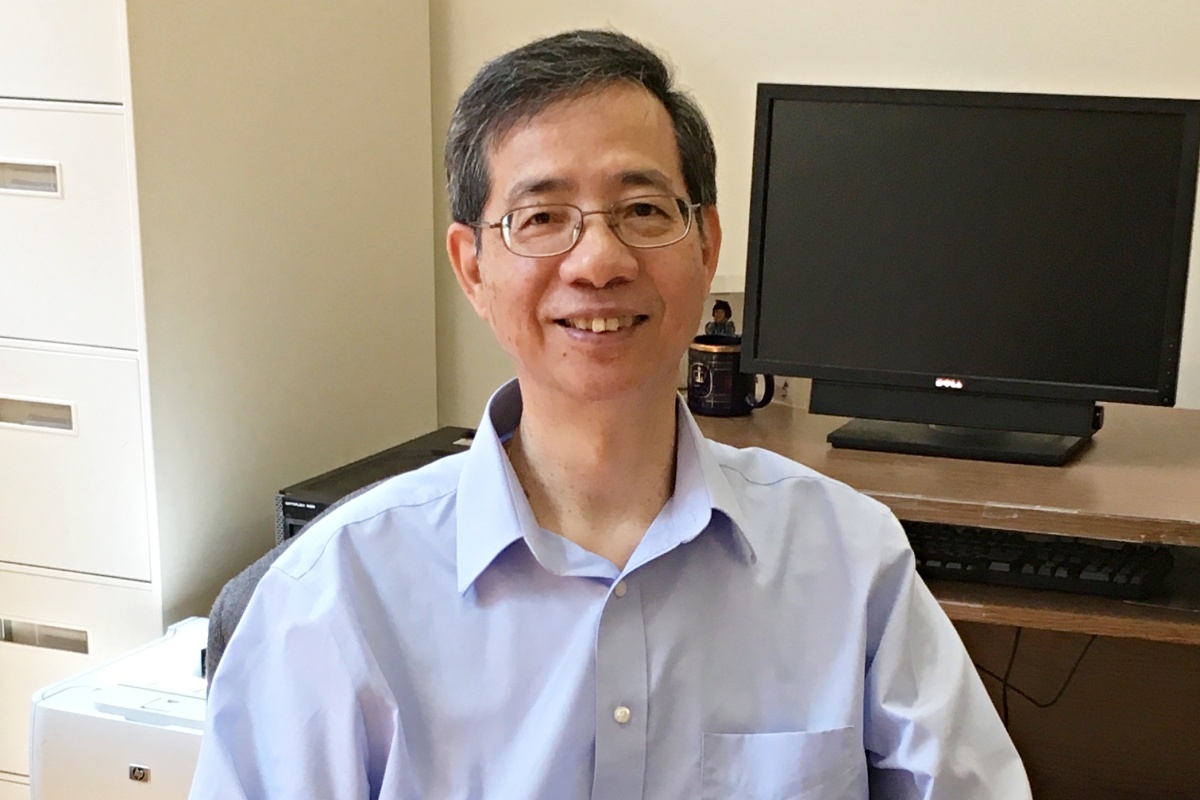TC’s late Mun Tsang — Professor Emeritus of Economics and Education Policy — saw the opportunity to do something big. In 2000, he founded the Center on Chinese Education — the first research institute of its kind to focus on cultivating educational advancement, leadership and exchange between China and the U.S.
Now, after nearly a quarter of a century, the Center’s impact remains profound as the TC community remembers Tsang, who passed away last April at the age of 69.
Tsang — a renowned economist who led the Center until 2019 — taught at TC for more than 20 years. His research and practice focused on the economics of education across the world, with a specific emphasis in financial policy and education access in China. At the Center, Tsang and colleagues published research on numerous aspects of education development and executed several service projects, with efforts ranging from creating opportunities for the children of migrant workers to professional development in higher education.

Tsang with TC alumna Yu Zhang (Ph.D. ’11) upon the completion of her doctorate. (Photo courtesy of Li)
Celebrated at a memorial hosted late last year, Tsang was remembered as “humble, upright and selfless.” He financially supported many students in China and the United States, with one student reportedly writing to him: “Your love crossed mountains and enabled a poor ethnic girl from the borderlands to enter university with dignity, immerse herself in the ocean of knowledge, and enjoy the beauty of university life like other students. Your support was priceless to me.”
Tsang’s work honored his own challenging beginnings. Born in 1955, Tsang was one of 13 children and raised in an extremely poor Hong Kong neighborhood. His parents, who could not read or write, worked long days in a factory — where Tsang would labor alongside them as a child to help support the family.
When Tsang’s family moved into public housing, the future economist could start attending school — and was told by a teacher that rigorous study would help him escape poverty. Later, as a scholarship student at the Massachusetts Institute of Technology, Tsang worked two jobs to help support his family, and completed his bachelor’s and master’s degrees in just four years. Tsang then briefly worked in chemical engineering before returning to school to earn a doctorate in the economics of education at Stanford University — so he “could do more for other people who experienced poverty, like him,” Tsang’s wife, Danke Li, explained.
To Mun, the power of education to change people’s lives and the world was not just a slogan or a theory. It was his personal experience and professional practice.
“To Mun, the power of education to change people’s lives and the world was not just a slogan or a theory. It was his personal experience and professional practice,” said Li, who was married to Tsang for 38 years.
Tsang’s impact remains at TC, not just through his profound memory, but also through the Center on Chinese Education’s research and service dedicated to cultural exchange.
“Mun left an enormous legacy of scholarship at TC,” said President Thomas Bailey, a close friend and colleague of Tsang’s in the Economics and Education program for many years. “He was a visionary leader.”
As for what’s next, a gift from Tsang’s former students — made in their mentor’s honor — will support programming at the Center, in addition to fellowships for doctoral students from China studying in the programs of International & Comparative Education and Economics & Education.
“Mun selflessly helped countless students, like a beacon in the cold night, lighting the way for many and allowing many to pursue their educational dreams,” recalled Henan Cheng, Executive Director of the Center for Chinese Education and an adjunct professor in the Department of Education Policy and Social Analysis. “That’s one of the special things about Mun, even still, and so many at TC: the impact of one’s legacy.”
